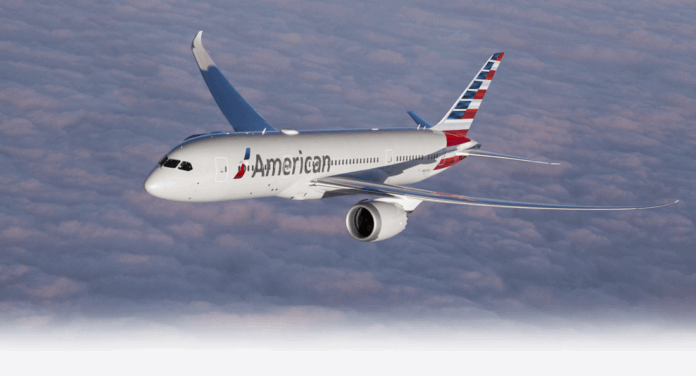American Airlines has successfully won a legal battle regarding the tragic in-flight death of a 14-year-old boy. A Texas federal judge ruled in favor of the airline in a lawsuit filed by Melissa Suzette Arzu, the mother of the deceased teenager, Kevin Greenidge.
U.S. District Judge Mark Pittman granted summary judgment to American Airlines, finding that the flight crew’s response to Kevin Greenidge’s medical emergency, while imperfect, did not meet the criteria of an “accident” under the Montreal Convention. The judge determined that the flight crew’s actions, which deviated from the airline’s flight manual procedures, were not unexpected or unusual given the circumstances.
Greenidge was a passenger on American Airlines Flight 614 from Honduras to New York when he passed out mid-flight. His mother’s lawsuit, filed in May 2024, accused the airline of poor crew training, inadequate equipment, and delayed responses to family members’ calls for help, ultimately leading to her son’s death.
American Airlines argued that Greenidge’s death was not due to an “accident” as defined by the Montreal Convention but resulted from his pre-existing medical conditions, including asthma, obesity, diabetes, and sleep apnea. Even considering the allegations made by Arzu, Judge Pittman ruled that the crew’s actions, which included attempts to provide assistance and follow emergency protocols, were not unusual given Greenidge’s health status.
Furthermore, the judge upheld American Airlines’ stance on a second allegation in the suit, determining that the airline was not obligated to pay a $21,000 sum under the conditions of carriage. According to the ruling, the airline’s conditions provide for a discretionary, not mandatory, payment in such cases.
Darren P. Nicholson, attorney for Arzu, expressed intentions to appeal the decision. He pointed to issues with the inoperability of the on-board automated external defibrillator (AED) and the airline’s failure to adhere to its emergency procedures. “For the safety of all passengers, federal law requires operational AED machines,” Nicholson said. “We disagree that the failure of the AED and the crew’s repeated failure to follow procedures were not ‘accidents’ under the Montreal Convention.”
Arzu’s legal team, from Burns Charest LLP, is committed to continuing the fight for justice, with an appeal already filed. American Airlines has yet to provide a statement on the ruling.






